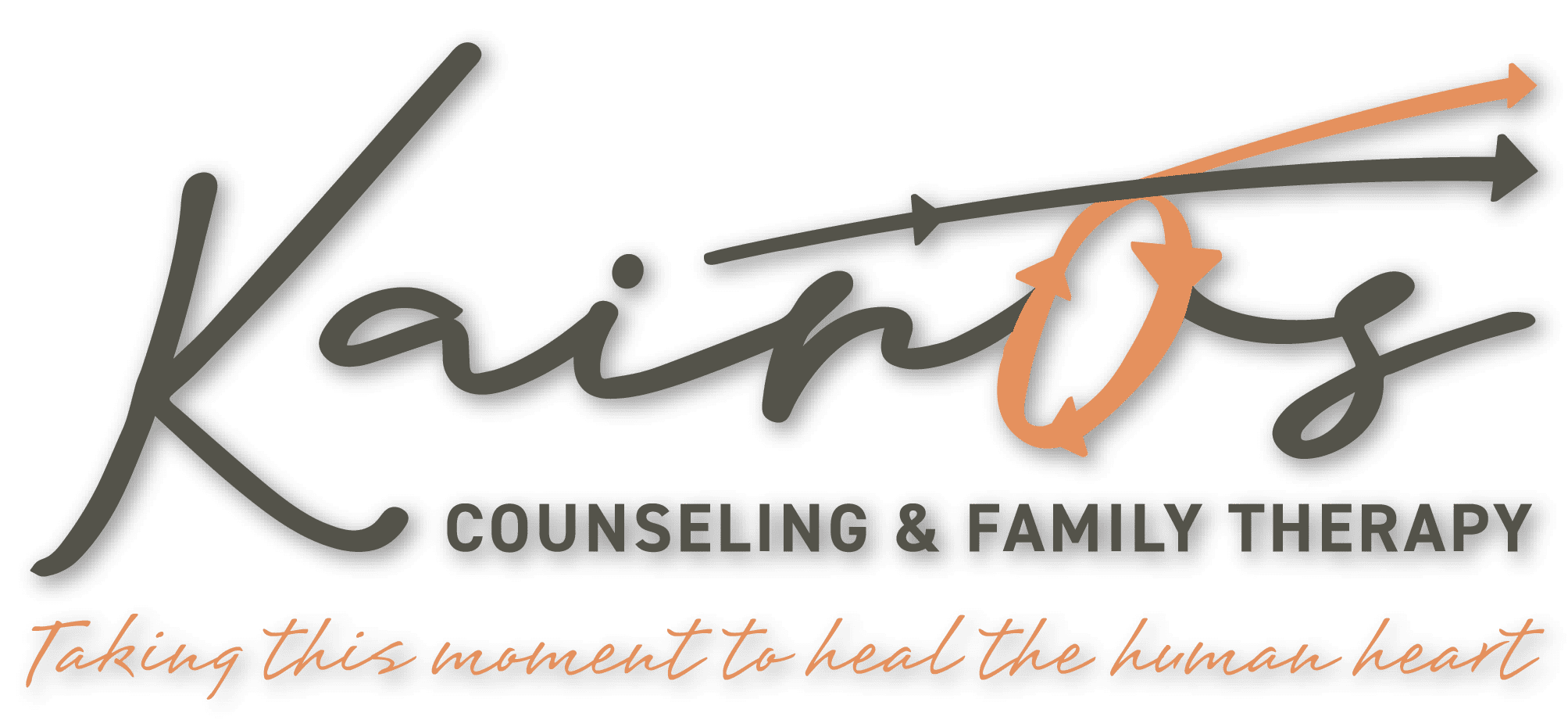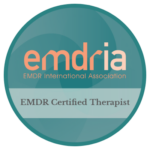Therapeutic Approach

Individual Counseling
Individual counseling addresses the individual’s emotions, behaviors, and thoughts, exploring the roots and the effects of said roots on the individual’s life. Every emotion and behavior and thought is believed to be adaptive, working toward the protection of the self, even when those thoughts, emotions, and behaviors are less than healthy and helpful. Through examining early family dynamics, attachment, and experienced trauma, the adaptive processes are identified and understood, leading toward the possibility of adopting healthier and more helpful ways of feeling, acting, and thinking.

Couples Counseling
The health and happiness of a family begins with the foundation that is the marital relationship. Connection, communication, intimacy, all of these are vital to a thriving relationship. It is said that we choose a partner who will fill in the holes of our childhood needs, yet often theses needs are unexamined and not communicated. In looking back we are able to intentionally explore the current relationship and the hopes, desires, and expectations missed or unacknowledged leading to a realignment and fulfillment.

Family Therapy
A family is a system of aggregate parts, each part dependent on the others. We are all created from and into relationship, and we bring others into relationship based on relationships that came before. Because of these truths, true healing happens in and through the system. Working with the family allows for exploring hierarchical dynamics and expectations, both relational and practical, on a systemic level so that all are able to get on the same page. Communication is the key to family health, both hearing and sharing.
Kairos Counseling and Family Therapy counsels from three perspectives:
Systemic… Because we born into relationship and created for relationship, the relationships closest to us are often the source of our pain and can therefore be the source of our healing.
Holistic…Because we are body, mind, and soul – phsycial, cognitive, emotional, and spiritual. Each component of our self is affected by the other components, and one cannot be fully healed and made whole without addressing all of our components.
Biblical… because we are born of Him, His biblical direction speaks to the spirit within each of us, trickling over into our soul and humanness.
As well, we embrace an Attachment-Focused, Trauma-Informed approach.
Attachment Focused
John Bowlby states in his book, A Secure Base, “A feature of attachment behavior… irrespective of the age of the individual concerned, is the intensity of the emotion that accompanies it, the kind of emotion aroused depending on how the relationship between the individual attached and the attachment figure is faring. If it goes well, there is joy and a sense of security. If it is threatened, there is jealousy, anxiety, and anger. If broken, there is grief and depression. Finally there is strong evidence that how attachment behavior comes to be organized within an individual turns in high degree on the kinds of experience he has in his family of origin…”
Attachment styles play out in the relationships of adults. According to Laurel Parnell in her book, Attachment-Focused EMDR, “Patterns of emotional responses, body sensations, and the beliefs associated with them operate beneath conscious awareness. These patterns, developed through relationships with significant caregivers in early life, can be altered and changed through adaptive healing relationships in later life in a processes called earned secure attachment.”

…

…
Trauma-Informed
Trauma is defined as, “Individual trauma results from an event, series of events, or set of circumstances experienced by an individual as physically or emotionally harmful or life-threatening with lasting adverse effects on the individual’s functioning and mental, physical, social, emotional, or spiritual well-being.” If it was traumatic to you, even if you can’t name it, it’s trauma.
Trauma-informed therapy, then, is when a therapist recognizes the complicated and complex ways that trauma influences all parts of someone’s life, body, and brain, and makes treatment decisions based on that framework. Trauma-informed therapists realize that most people have lived through some type of trauma because trauma is so common and understands treatment through that lens.
The trauma-informed therapist considers emotions, thoughts, and behaviors as adaptive for the individual, creating a space for acknowledgment and understanding.

